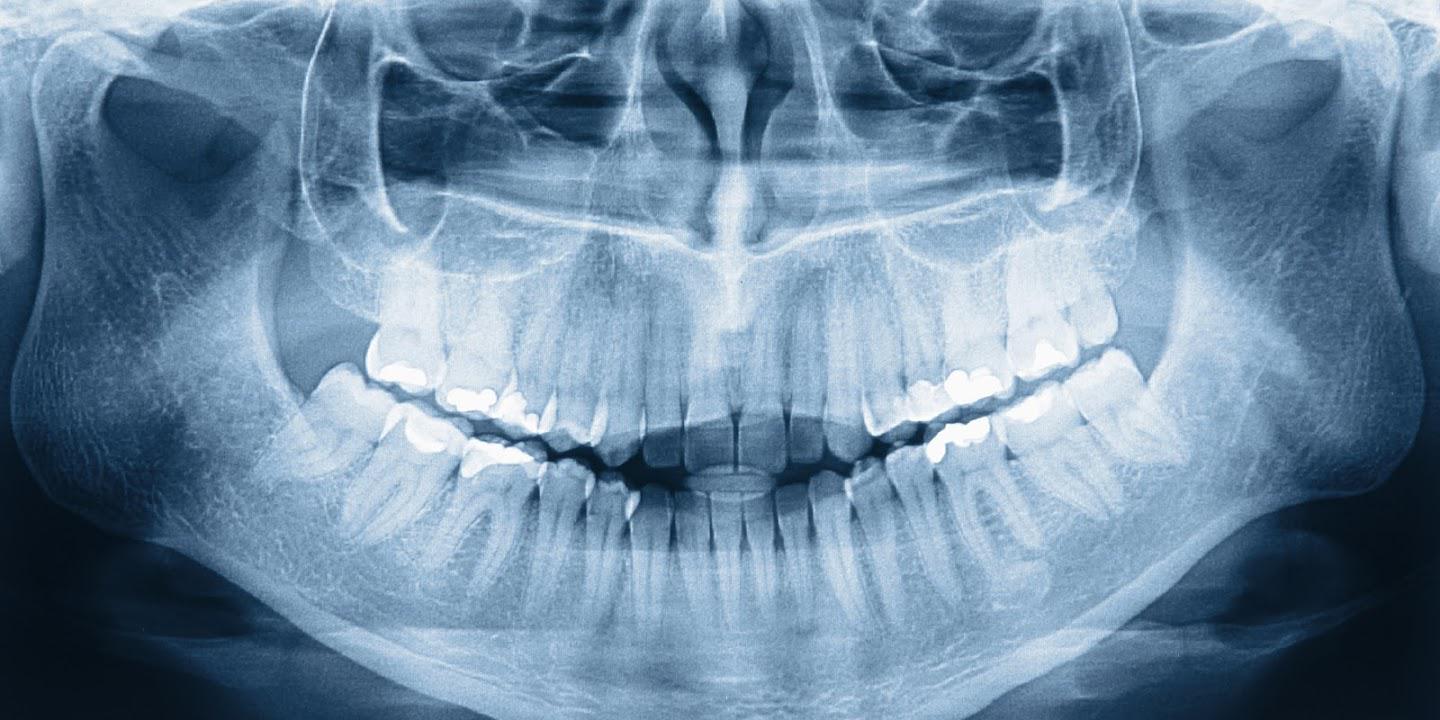The jaws are a vital set of bones with many functions. They move towards each other to form the mouth’s structure, support the teeth, and let them operate. The jaws form the face and help the teeth chew food—that is, break, bite, chew, and ground it. However, their ability to perform their usual job is hampered by pain and discomfort in the jaw.
While this might be a result of a small amount of malocclusion or symmetry problems, it could also be a sign of more severe issues like temporomandibular dysfunction. Cary, in North Carolina, has many popular dentists who work on TMD/TMJ treatments. So, if you need more information about TMD/TMJ treatment, contact a dentist in Cary, NC.
What Is TMD/TMJ Treatment And What Are Its Benefits?
The lower jawbones and the skull are connected by hinges called temporomandibular joints. They help in speaking, chewing, and other jaw movements. They are located on each side of the face. The temporomandibular joint, or TMJ, is a part of the body, despite the fact that many people confuse it with temporomandibular disorder (TMJ). TMD, on the other hand, is an illness of the temporomandibular joint. TMD, also known as a temporomandibular joint condition, is a dysfunction of the joint that affects the surrounding muscles, ligaments, and bones.
Treatment for traumatic brain injury may help you in the following ways:
- It reduces the risk of dental damage.
- It reduces the pain and stiffness in your jaws.
- It makes it possible for your jaws to work correctly once again.
- It improves your overall health.
Treatment options for TMJ
A dentist in your area can offer numerous options for treating your TMJ condition in order to alleviate your jaw pain. These include treatment, medicine, surgery, and conservative treatments.
Listed below are conservative methods for treating TMJ disorder:
- Using cold packs on the face might help relieve pain from the TMJ.
- Using nightguards and splints to stop bruxism.
- Consuming soft meals helps prevent your jaws from straining unnecessarily.
- Avoiding sharp jaw movements.
- Stretching and massaging the muscles of the jaw.
Diagnosis for TMD
Since there are plenty of possible causes of jaw pain or discomfort, how can you be sure if you have TMD? TMD is diagnosed in the following ways by your nearby TMJ dentist:
- By looking at the range of motion that occurs during mouth opening and closing.
- Check your jaws and face physically to look for any sore spots.
- Panoramic X-rays. This dental X-ray helps determine the level of damage by providing a general overview of your jaw, teeth, and temporomandibular joints.




